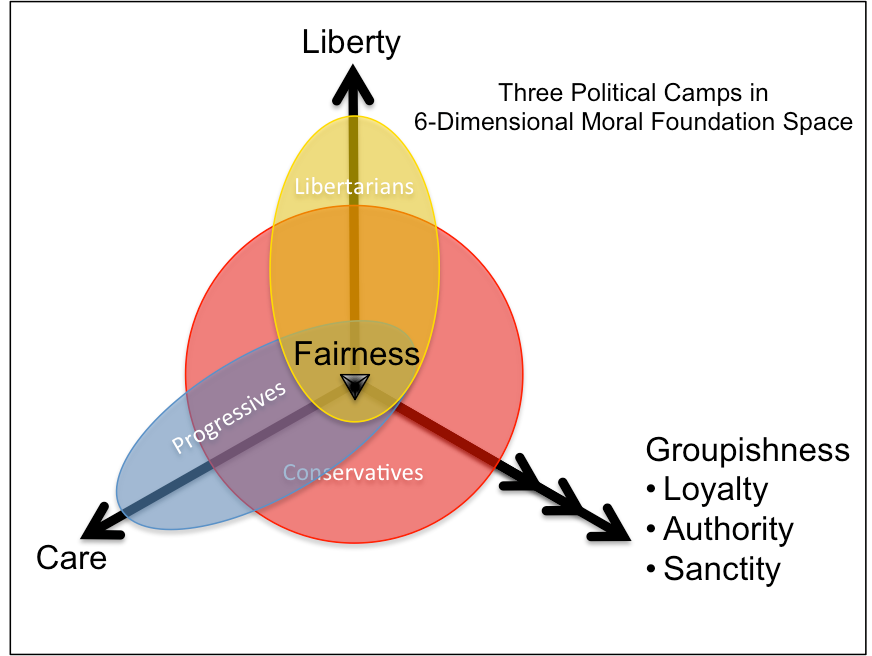Autonomy is condemned within the scriptures:
34 And again, verily I say unto you, that which is governed by law is also preserved by law and perfected and sanctified by the same.
35 That which breaketh a law, and abideth not by law, but seeketh to become a law unto itself, and willeth to abide in sin, and altogether abideth in sin, cannot be sanctified by law, neither by mercy, justice, nor judgment. Therefore, they must remain filthy still.
36 All kingdoms have a law given;
37 And there are many kingdoms; for there is no space in the which there is no kingdom; and there is no kingdom in which there is no space, either a greater or a lesser kingdom.
-(D&C 88)
In order to unpack what this means, we should juxtapose autonomy with heteronomy and tutelage – all three of which are (roughly) Kantian terms.
Tutelage is the pre-modern mindset in which law, legitimacy, justification, etc. come down from above. Each person is given a law from some person above them: a noble, an ancestor, a priest, God Himself, etc. (The word for this legitimation from above is “grace”.) This, more than anything else, is what the Enlightenment fought against.
One of the two alternatives that the Enlightenment presented to tutelage was heteronomy. This is basically what classical liberals and most Americans call “freedom” and is essentially a negative freedom where others are not allowed to legislate our lives for us. Thus, the birth, ordination, coronation, etc. of each and every person is essentially irrelevant to the justification for any course of action.
The second alternative to tutelage is autonomy. This alternative is based in the recognition that heteronomy essentially consists either in 1) optimizing our response to external conditions or 2) slavish obedience to our undisciplined passions. In neither case can this be considered freedom in any deep or morally meaningful sense. Indeed, such modes of living are the very definition of “alienation” – the control of our lives from somebody or something outside of ourselves.
Thus, autonomy consists in our conforming to a moral law that we ourselves dictate for ourselves – it is moral self-legislation. Autonomy thus consists, quite literally, in our becoming laws unto ourselves. To be clear, there are collectivist and (somewhat) individualistic versions of this ideal (think Rousseau vs Kant). That said, whether it is participatory democracy or rational self-determination that is being advocated, the essential core remains the same.
The main point of this post is that the Gospel condemns both heteronomy and autonomy as moral ideals. Tutelage to the Celestial King and His “celestial law” is the only condition under which we can enter His Celestial Kingdom. Those who cry for “autonomy” or against “alienation” within the church are greatly confused on this point.




